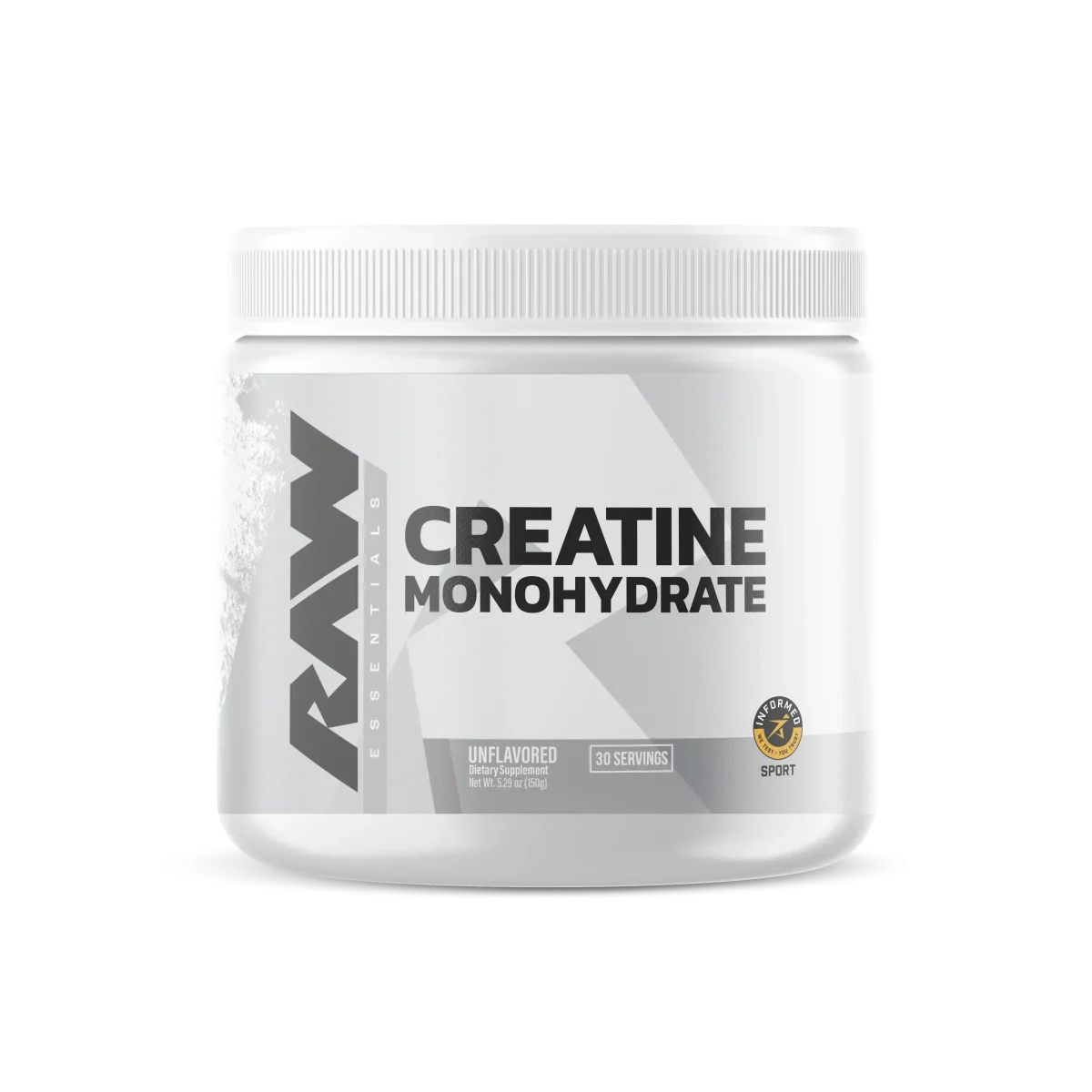Creatine is a popular supplement that many athletes and people who work out use to support muscle growth and improve their sports performance. It is a natural substance found in foods like red meat and fish, and it helps give your body energy for quick, intense activities like lifting weights or sprinting.
Pros of Creatine
One big advantage of creatine is that it can help you lift heavier weights and run faster. It helps your muscles work more efficiently during short, intense exercises. Creatine can also make your muscles look bigger and fuller because it pulls water into your muscle cells. Some studies suggest that creatine may help improve cognitive function by enhancing mental clarity and reducing fatigue. For most people, taking creatine is safe if they follow the right doses.
Cons of Creatine
However, creatine can have some downsides. Many people experience water retention, which causes them to feel bloated or makes their muscles appear puffier. Some might get stomach aches or feel cramping if they take too much. There are also concerns about taking it for too long because scientists don’t know everything about its safety over extended periods. Although most research suggests it’s safe for healthy individuals. Not everyone gets benefits from creatine; some people, called “non-responders,” see little or no difference. Additionally, creatine can be expensive if purchased regularly.
In summary, creatine can help improve strength and muscle mass, but it may cause some side effects and isn’t beneficial for everyone. If you want to try it, talk to a doctor or parent first to see if it’s right for you.







